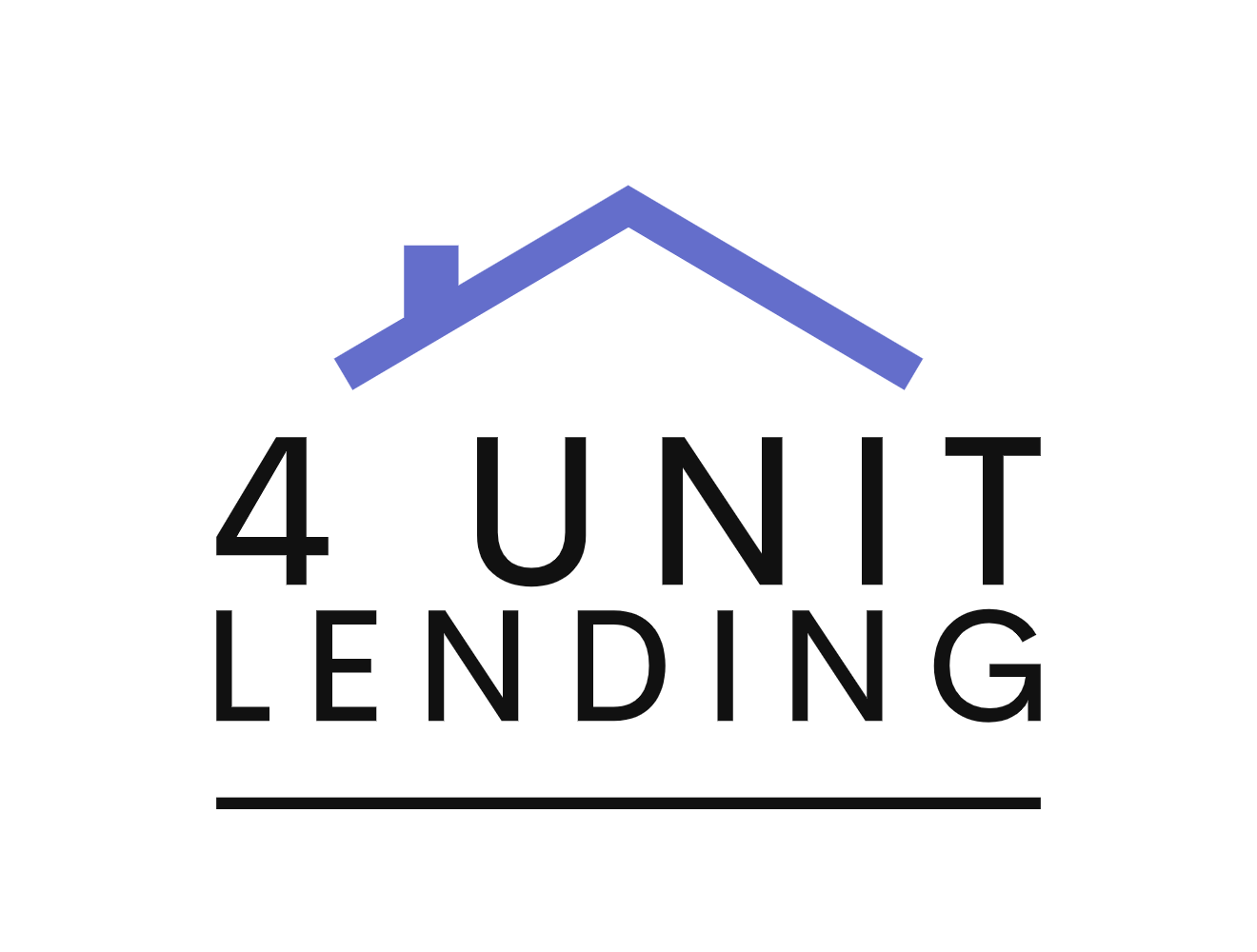Bonus depreciation, an advantageous tax incentive for investors, is undergoing significant changes that may affect your investment strategy. As part of the Tax Cuts and Jobs Act, bonus depreciation allowed investors to immediately deduct a percentage of the purchase price of eligible business assets. This was a substantial benefit for real estate investors, enabling them to deduct 100% of the cost of qualifying assets. However, with the phase-out period beginning, your tax planning for asset purchases must adapt accordingly. For the 2023 tax year, the deduction drops from 100% down to 80%, which alters the overall cost of your investments and the timing of your asset acquisitions.
Before we dive into the current legislation being considered by the Senate, let’s revisit what bonus depreciation is and why it matters to real estate investors.
What Is It?
The tax incentive of bonus depreciation stimulates business investment by allowing taxpayers to deduct a significant portion of eligible asset costs in the year they place them into service. Historically, it encouraged businesses to invest in new equipment and machinery. In 2017, lawmakers expanded it to include qualified improvement property (QIP) for real estate investors. Bonus depreciation can significantly reduce your taxable income, enhancing your cash flow and reinvestment capacity.
How Does It Work?
As a real estate investor, bonus depreciation lets you deduct a substantial portion of qualifying assets’ purchase price. You can apply this deduction in the year they’re placed into service. Typically, when purchasing a property, the standard approach is to depreciate residential buildings over 27.5 years. Commercial properties, however, are depreciated over 39 years. For assets like appliances, which include refrigerators and HVAC systems, the standard depreciation period is shorter, generally around five to seven years. The IRS calls these timeframes the “recovery period,” and are based on estimates of how long it takes to recoup the cost of an asset.
However, with bonus depreciation, you can accelerate this process. Real estate investors can accelerate tax benefits by claiming the entire deduction upfront in the first year. This approach avoids spreading the deduction over many years. An upfront deduction significantly reduces taxable income and boosts cash flow. Increased cash flow lets you reinvest in new opportunities or pay down debt faster.
Why Is It Important to Real Estate Investors?
Bonus depreciation functions as a real estate investor tax credit. Essentially, it allows for a more rapid recovery of the costs associated with income-producing property through an immediate deduction of a significant portion of the purchase or improvement cost.
Here’s why this is crucial for you:
Cash flow boost: By utilizing bonus depreciation, you reduce your tax liability, thereby preserving cash on hand. This infusion of liquid capital can then be funneled back into your operations or potential new investments.Cost recovery: The benefit lies in accelerating the depreciation schedule. Instead of spreading the depreciation of assets over longer periods, you can claim larger deductions early on.Strategic planning: With the right approach, bonus depreciation forms a part of your strategic tax planning. This tax tool enables you to create a more efficient tax scenario, potentially deferring taxes and better managing your investment portfolio.
What Happens if It Goes Away?
When bonus depreciation decreases, you may need to rethink your investment strategy. In 2024, for example, you’re looking at a reduction to 60% bonus depreciation, which could alter the economics and dynamics of the deals you consider. Here’s how:
Acquisition Adjustments: With the decline, the initial assumptions underpinning your deals may need to be reevaluated. The cost-saving impact bonus depreciation currently offers will diminish, meaning some projects that seemed financially viable before may no longer pencil out.Syndication Deal Appeal: As a prospective limited partner in syndication deals, the phasing out of bonus depreciation may dampen the attractiveness of such investments. Previously, the depreciation benefits were a significant draw, offering a tangible return on investment through tax savings.Cash Flow Projections: Without the sizable deductions from bonus depreciation, your cash flow projections may need adjustments. The tax deductions have, until now, been a crucial element in enhancing the after-tax cash flow for investors.Revised Financial Modeling: You’ll need to revise your financial models to reflect the reduced tax shield, which could impact your overall return metrics.
Stay informed and ready to adapt your strategies to navigate the changing tax benefits landscape.
Why Does It Matter?
Understanding the implications of bonus depreciation changes is crucial for your financial planning. The allowance for immediate write-offs on eligible business assets is set to decrease with further reductions in coming years. This modification has direct consequences for your tax liabilities and capital investment strategies.
Here’s the breakdown of the phase-out:
2023: 80% bonus depreciation2024: 60% bonus depreciation2025: 40% bonus depreciation2026: 20% bonus depreciation2027: 0% bonus depreciation
Notably, there is potential for these terms to change. The House passed a bill extending 100% bonus depreciation through 2025, which, if approved by the Senate, will revise the depreciation benefits for 2023-2025. The anticipation around this proposed legislation highlights a window of opportunity that could alter your investment decisions and tax planning.
What Can You Do?
As investors navigate these changes, engaging with senators to support the passage of H.R.7024, “The Tax Relief for American Families and Workers Act of 2024,” is critical. This legislation helps maintain real estate’s competitive edge and drives economic contributions through housing revitalization and community development. Advocating for this bill through calls, emails, or social media can impact future tax benefits for eligible business assets.
Understanding bonus depreciation and its phase-out will help you navigate changing tax environments effectively. Stay informed to keep your investment strategies robust and responsive to legislative developments. For an in-depth understanding, listen to a podcast with Jack BeVier and Craig Fuhr from Dominion Financial. In the podcast, tax attorney Doug Stein explains 2024 tax law changes affecting real estate investing.

